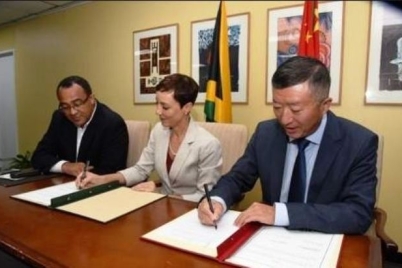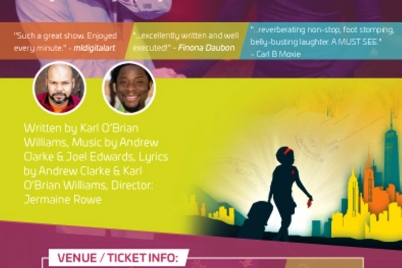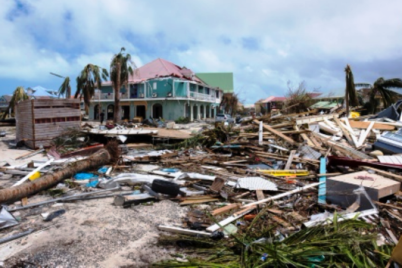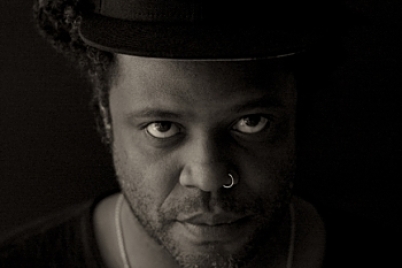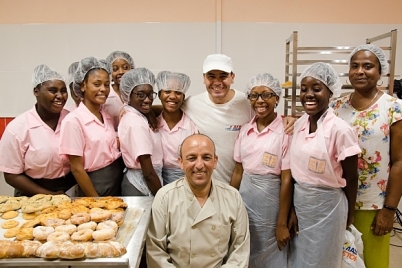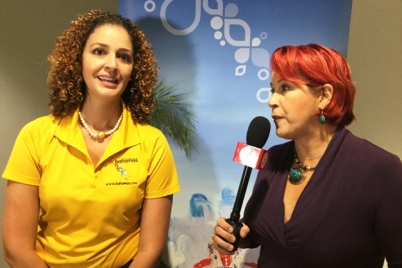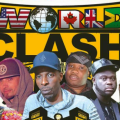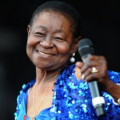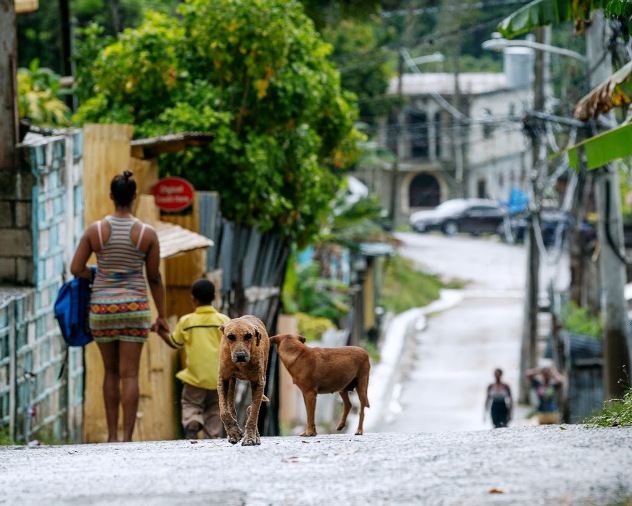
The day Michael E. Little killed himself, the winning Mega Millions lottery numbers in North Dakota were 25, 32, 37, 45, and 70. In the months before his death on October 25, 2015, a smooth talker with a Jamaican accent had called Little and told him that he had won the jackpot. Little had suffered several strokes that left him physically disabled, mentally confused, and unable to work. He lived on welfare, alone and isolated in a trailer park in Bismark, North Dakota. The voice at the other end of the line seemed like his only hope.
The caller promised Little millions of dollars, a new Mercedes Benz, and a television crew at his door to record the handover of the money. But there was a small catch. In order to receive his prizes, Little needed to send the caller a clearing fee of a few thousand dollars for taxes and administration. Little’s family knew there was a problem when he asked to borrow $10,000. They changed his phone number, but he changed it back. Before Little’s brother could complete the process of applying for guardianship, Little was dead.
The person who called Little had a Jamaican accent and appears likely to have been a fraudster who was operating 2,347 miles away in the Caribbean nation, where the practice of “lotto scamming” is rife. Jamaican phone scammers are estimated to rake in at least $300 million per year, often obtaining their profits by targeting vulnerable people.
Lotto scamming has had devastating consequences – not just for its victims in the U.S. and elsewhere, but for Jamaica. The scams have helped finance gang warfare in the western part of the country, which has, in turn, led to a spike in the number of murders, leaving Jamaica with the sixth-highest murder rate in the world last year. Since January, a state of emergency has been declared in three of Jamaica’s major districts, with armed soldiers deployed into the streets in an effort to contain the violence.
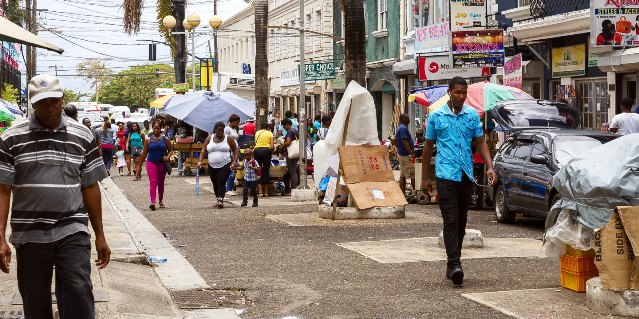
A lower-income area of the Mount Salem neighborhood of Montego Bay photographed on May 18, 2018, which has been greatly affected by the violence and crime due to lotto scamming. – Photo: Ben Toren
A billboard outside of Jamaica’s Sangster International Airport welcomes visitors to the “friendly city” of Montego Bay, the tourist capital of the island. Once a sleepy resort town for a host of international glitterati, from Marilyn Monroe to John F. Kennedy, Montego Bay has in recent years become more associated with gang warfare and fraudsters than jet-setters and rum punches. The area now has the highest number of murders in Jamaica.
Montego Bay is home to most of Jamaica’s international call centers, where hundreds of employees handle inquiries for companies such as Xerox and VistaPrint. Police say the call centers are part of the reason Montego Bay has become a hub for fraud: Scammers use them to glean lists of potential targets and also to train in phone etiquette. Former hotel front desk workers and call center operators now put their hospitality training to use in telephone scamming, swapping minimum wages of $US52 a week for up to $US100,000.
“Now, any little idiot can be a scammer.”
Scamming is the latest chapter in a long history of crime and violence that Jamaica has struggled to control. In the 1970s, politicians formed relationships with criminal community leaders called “dons,” who ensured the votes of the community in exchange for political favors and government contracts. When the Jamaican economy crashed in the 1970s, politicians could no longer afford to bankroll dons, who turned to the drug trade to support themselves. After a crackdown on the drug trade in the late 2000s, the criminal world fractured. For criminals looking to diversify their portfolios, scamming was the perfect addition.
According to police, scamming took hold in Montego Bay after several high-profile drug dealers were extradited to the United States. Fitz Bailey, the former head of the Jamaican police department’s Organized Crime Investigations Division, said the extraditions created an economic void in western Jamaica — a hole that lotto scamming filled.
Some Jamaicans long for the days of the drug dealer, which they say brought organization and leadership. A 70-year-old Montego Bay resident, who spoke on condition of anonymity due to concerns for his safety, told The Intercept that the drug dealers needed the protection of the community and so were more community-oriented than the scammers.
“Now,” he said, “any little idiot — kids as young as 13 — can be a scammer.” Read the complete article here
By Summer Eldemire
The post How Phone Scamming Has Fueled a State of Emergency in Jamaica’s Tourist Capital appeared first on The Intercept.


